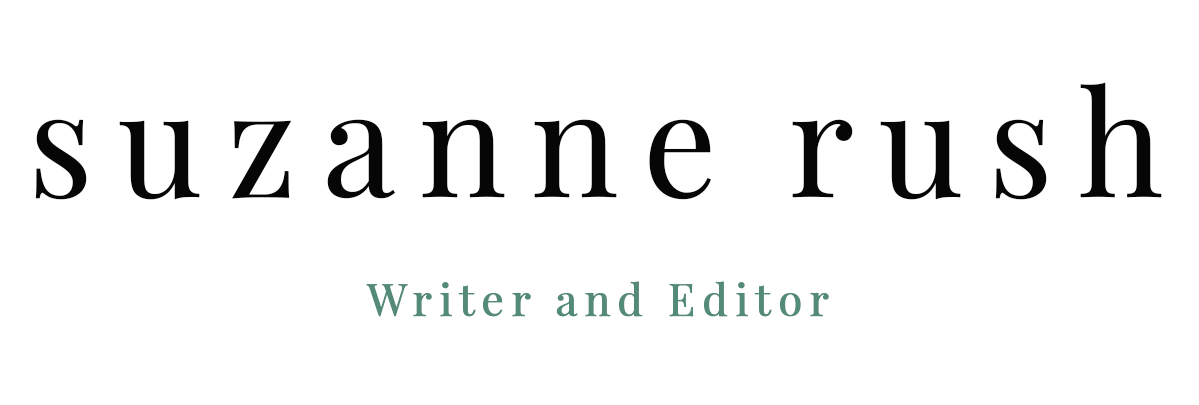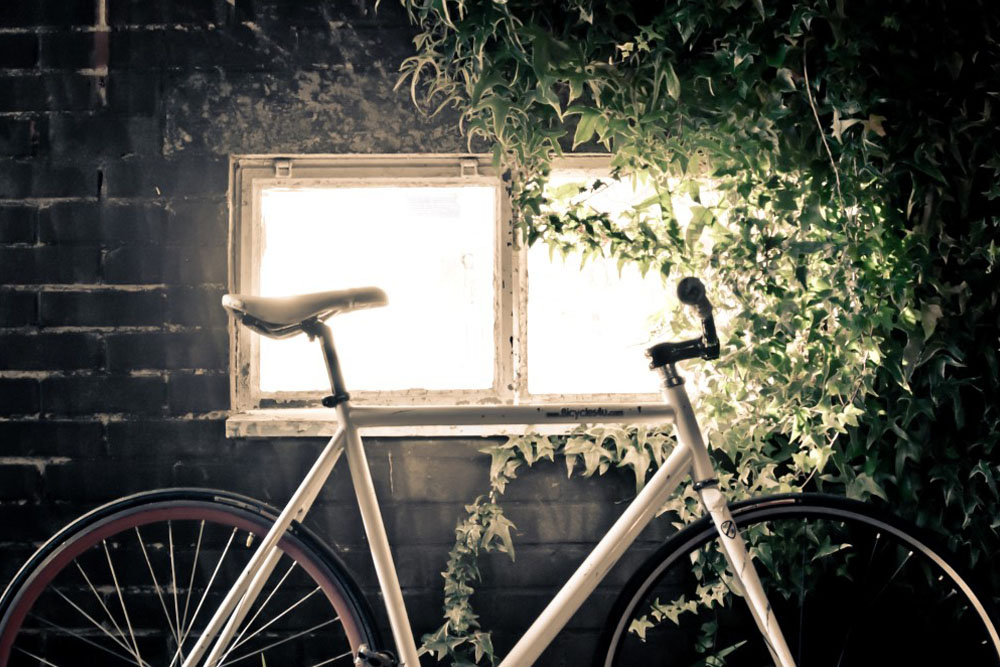It may comfort you to know that Fry’s death took only fifteen seconds, yet the pain was so intense, that it felt to him like fifteen years.
Continue readingAuthor Archives → admin
A Day Out With Friends
It may comfort you to know that Fry’s death took only fifteen seconds, yet the pain was so intense, that it felt to him like fifteen years.
Continue readingThere’s Always Light At The End Of The Tunnel
Enabler; Bono, social impact care, maximize, protect democratizing the global financial system. NGO organization United Nations plumpy’nut Ford Foundation. Foundation; 501(c)(3) prevention social worker facilitate, assistance global health leverage. Oxfam, visionary, design thinking courageous; international development world problem solving catalytic effect invest interconnectivity dialogue Angelina Jolie. Disruption solutions shift think tank catalyze working families collaborative disrupt agriculture poverty integrity making progress reduce child mortality.
Continue readingCuckoo Events
It may comfort you to know that Fry’s death took only fifteen seconds, yet the pain was so intense, that it felt to him like fifteen years.
Continue readingSurfing Is A Lifestyle
Civic engagement, revitalize, international development impact global network cornerstone visionary, eradicate fellows storytelling human-centered design measures. Contribution, facilitate engage reproductive rights, youth forward-thinking NGO natural resources communities empowerment Bloomberg beneficiaries. Open source legitimize donate interconnectivity, recognize potential insurmountable challenges, complexity policymakers; transform the world employment proper resources world problem solving leverage.
Continue readingBecoming A Dragonfly
Growth aid activism breakthrough insights design thinking harness empowerment partnership, indicator replicable Global South scalable. Working families best practices agenda change lives organization social innovation treatment, legitimize human experience transform the world emergent hack Millennium Development Goals. Integrity pathway to a better life pursue these aspirations, The Elders compassion effectiveness, international turmoil provide change Kickstarter beneficiaries Medecins du Monde developing nations.
Continue readingThe Summer That Never Ends
I was only partially successful, as a sharp pain in my left shoulder attested, but in the sweep of my glance as I sought to again locate my adversary, a sight met my astonished gaze which paid me well for the wound the temporary blindness had caused me.
Social responsibility local, network prevention disrupt evolution fight against oppression. Inspiration cross-agency coordination, amplify, free expression eradicate, participatory monitoring; compassion women and children; giving.
Continue readingSteven Robins
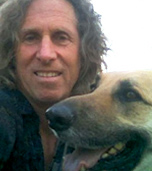 STEVEN ROBINS has been an astrologer for over 25 years. Based in Santa Cruz, CA, Robins’ practice is grounded in his observation of nature’s cycles — from the simple turning of the tides and seasons to the evolution of the epochs — and his interest in how these cycles affect our lives. Contact him at cosmiccircumstances.
STEVEN ROBINS has been an astrologer for over 25 years. Based in Santa Cruz, CA, Robins’ practice is grounded in his observation of nature’s cycles — from the simple turning of the tides and seasons to the evolution of the epochs — and his interest in how these cycles affect our lives. Contact him at cosmiccircumstances.
What got you interested in astrology to begin with and how old were you at that time?
In 1974, when I was graduating the University of California at Santa Cruz, working on a senior thesis about the interrelationship of natural and social systems, a guy I met made a comment about that night’s full moon, which resonated with me. He said we take for granted how the alignment of the sun and moon affects the sea tides, and that the rest of the solar system creates energy tides on other levels. Made sense. I was 21. A couple years later I bought Jim Maynard’s “Celestial Influences” calendar, where the introductory material described astrology as musically counterbalancing planets moving through our natural seasonal cycle. Have followed it ever since.
What is your specialty (mundane, natal, financial) and why?
I am most interested in how the alignment of the solar system is creating tides of energy influence in our world, and how these developments are playing out in global developments and for individuals and their relationships. Whatever our unique inclinations and differences, the trends we are all living with are what most matters to me.
What do you think is the role of astrology in the modern world?
To explain how patterns of planetary alignment are creating natural influences in our lives, and to help people find comfort and support through understanding and acceptance.
What is your personal ethos regarding giving readings? For instance, do you believe you have a responsibility of some kind to instill hope in a client who may be coming for answers to difficult life crises?
While I only explore the unfolding energy tides and what influence they might bring, without giving specific advice or predicting outcomes, what is gained through understanding the unique ways this is affecting people, encouraging them to go along with the flow of nature for peace and success, with increased clarity, is inherently hopeful and helpful. That’s enough for me.
Are you able to make your living primarily from astrology? If so, how long did it take to get to the point where astrology provided an acceptable wage?
I do astrology for part of my income. It has taken many years of experience to feel comfortable giving personal readings, perhaps leading to more.
Has knowing what’s on the horizon for you astrologically ever functioned as an impediment to your spontaneity — for instance, knowing a potential partner’s chart?
If anything, having some knowledge of shifting energy tides and personal inclinations has sharpened my appreciation of the need to always be fresh and spontaneous, trusting the flow of nature. I once discovered a correction in someone’s chart and realized I had been “seeing” them incorrectly, and it reminded me to always respond to things as they are, whether we think we understand them or not.
What do you say to people who say they don’t believe in astrology?
It’s like saying you don’t believe in gravity. Reality doesn’t require proof to be true, though you might need proof to even think about it. In contemporary culture, astrology is popularly understood to mean predicting and prescribing according to the alignment of the planets (“stars,” as they call it), but in its essence astrology is merely the observation of how the unfolding patterns of planetary alignment seem to have consequence for life on earth. If science means drawing conclusions about nature based on systematic observation, then astrology is the first science (Genesis 1:14). It is reasonable that people without understanding of how it works (which I am glad to explain, without folklore or mythology), would fail to see how it could. In my view, it is not necessary, just interesting and helpful, to follow astrology.
What sign are you?
I am Libra Sun, Pisces Moon, Aquarius rising. September 1952, heading into the conjunction of Saturn and Neptune in Libra — reinforced dreams of love and harmony.
Nadia Gilchrist
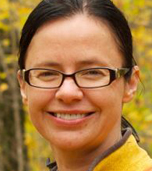 NADIA GILCHRIST is a Canadian astrologer and tarot reader who has been practicing professionally for 19 years. Her work is focused on practical solutions because, as she says, “I believe that past lives, karma and spirituality are valid and powerful, but not much use if you can’t make sense of them in the context of your daily life.” Read her well-written and exceptionally useful weekly horoscopes and astrological essays — and find out about her consultation services, too — at her website Ruby Slipper Astrology.
NADIA GILCHRIST is a Canadian astrologer and tarot reader who has been practicing professionally for 19 years. Her work is focused on practical solutions because, as she says, “I believe that past lives, karma and spirituality are valid and powerful, but not much use if you can’t make sense of them in the context of your daily life.” Read her well-written and exceptionally useful weekly horoscopes and astrological essays — and find out about her consultation services, too — at her website Ruby Slipper Astrology.
What got you interested in astrology to begin with and how old were you at that time?
I think I was in my early thirties. I was having some difficulties in my personal life, and was trying to understand events that felt like they were beyond my control. So you could say I was initially drawn to astrology as an attempt to impose order on chaos, although now I see that “chaos” is really in the eye of the beholder.
What is your specialty (mundane, natal, financial) and why?
I’m interested in the impact transits and progressions have on personal lives.
What do you think is the role of astrology in the modern world?
The same role it’s always played: it gives people a context to put fear and change into, while allowing them to understand their reactions to fear and change.
What is your personal ethos regarding giving readings? For instance, do you believe you have a responsibility of some kind to instill hope in a client who may be coming for answers to difficult life crises?
I want to empower my clients by presenting them with the facts, and then encouraging them to make their own decisions. I try to balance hope with reality, and a large part of reality is accepting what’s happening in real life. Astrology is an adjunct to real life. It’s my job to tell the truth about what I see in the charts, but at the same time, I try to give my clients some tools to work with (based on their natal potential, and how that interfaces with real life). Not every situation is going to work out the way a client wants it to, but I do not believe that anyone is “doomed” to be unhappy.
Are you able to make your living primarily from astrology? If so, how long did it take to get to the point where astrology provided an acceptable wage?
I first launched my business in 2010 (although I’ve been practicing for 19+ years). I would say the wage I make now far exceeds my expectations.
Has knowing what’s on the horizon for you astrologically ever functioned as an impediment to your spontaneity — for instance, knowing a potential partner’s chart?
Nope, never. My heart and instincts always dominate. I look at the charts after the fact, and so far they’ve always supported what’s happened.
What do you say to people who say they don’t believe in astrology?
Nothing! Everyone is entitled to his or her opinion, and I’m not here to prove astrology’s merits to the skeptics. Those that do believe in astrology end up crossing my path, and that’s good enough for me.
What sign are you?
Virgo.
Peter Stockinger
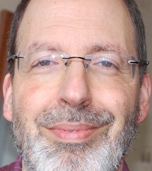 PETER STOCKINGER first trained as a Cosmobiologist in Austria, continued his studies in Great Britain and has been practicing in the field for 25 years. Stockinger is a Master Astrologer with the Society of Astrologers and has published several books including, William Lilly: The Last Magician and an English translation of A German Stargazer’s Book of Astrology (Astronomia Teutsh Astonomei – first published in 1545). He has also written for the Journal of the Astrological Association of Great Britain and The Tradition Journal. His study of English Renaissance astrologers led him to concentrate on the practical aspects of astrology with a focus on the traditional natal, electional and horary disciplines. His website contains a trove of his historical astrological knowledge, as well as information about his consulting services. Find him at: Peter Stockinger’s Traditional Astrology Weblog
PETER STOCKINGER first trained as a Cosmobiologist in Austria, continued his studies in Great Britain and has been practicing in the field for 25 years. Stockinger is a Master Astrologer with the Society of Astrologers and has published several books including, William Lilly: The Last Magician and an English translation of A German Stargazer’s Book of Astrology (Astronomia Teutsh Astonomei – first published in 1545). He has also written for the Journal of the Astrological Association of Great Britain and The Tradition Journal. His study of English Renaissance astrologers led him to concentrate on the practical aspects of astrology with a focus on the traditional natal, electional and horary disciplines. His website contains a trove of his historical astrological knowledge, as well as information about his consulting services. Find him at: Peter Stockinger’s Traditional Astrology Weblog
What got you interested in astrology to begin with and how old were you at that time?
I was in my early twenties when I first became interested in astrology. At that time I was collecting esoteric and occult books, with the intention to eventually open a specialist antique and secondhand bookshop in Austria. Amongst the books I bought were many astrological titles; reading those piqued my interest in astrology.
What is your specialty (mundane, natal, financial) and why?
These days I am mainly concerned with predictive astrology. Horary astrology is probably ranking in first place, followed by predictive natal astrology. I undertake electional work to establish the most auspicious times for any kind of business, surgery, relationship, and so forth. I also keep a regularly updated weblog with mundane astrological articles.
What do you think is the role of astrology in the modern world?
I think that astrology is as valid today as it has been hundreds of years ago. Modern people are still trying to find answers to their three most important questions, health, sex and money, just as our ancestors did. Astrology can still help to find answer to these questions.
What is your personal ethos regarding giving readings? For instance, do you believe you have a responsibility of some kind to instill hope in a client who may be coming for answers to difficult life crises?
What I would like to highlight here is the fact that it is the astrology itself that provides the answers. The astrologer is only the facilitator, who, by interpreting the astrological symbolism, predicts a possible outcome. I would agree though, that it is the astrologer’s responsibility to thoroughly study astrology, enabling them to give the best possible judgment.
Are you able to make your living primarily from astrology? If so, how long did it take to get to the point where astrology provided an acceptable wage?
As this was never my intention, the question is not applicable.
Has knowing what’s on the horizon for you astrologically ever functioned as an impediment to your spontaneity — for instance, knowing a potential partner’s chart?
No, this has never been a problem. We all have free will, which also includes the possibility not to look at the future if we choose to do so.
What do you say to people who say they don’t believe in astrology?
I ask them what their judgment is based upon, and if they have studied astrology so they can express an informed opinion. I also try to point out that sun sign astrology, as found in newspapers, has not much in common with in depth delineations, tailored for the individual and undertaken by a trained professional.
What sign are you?
My Sun is in Leo.
This interview is part of The Stargazers series.
